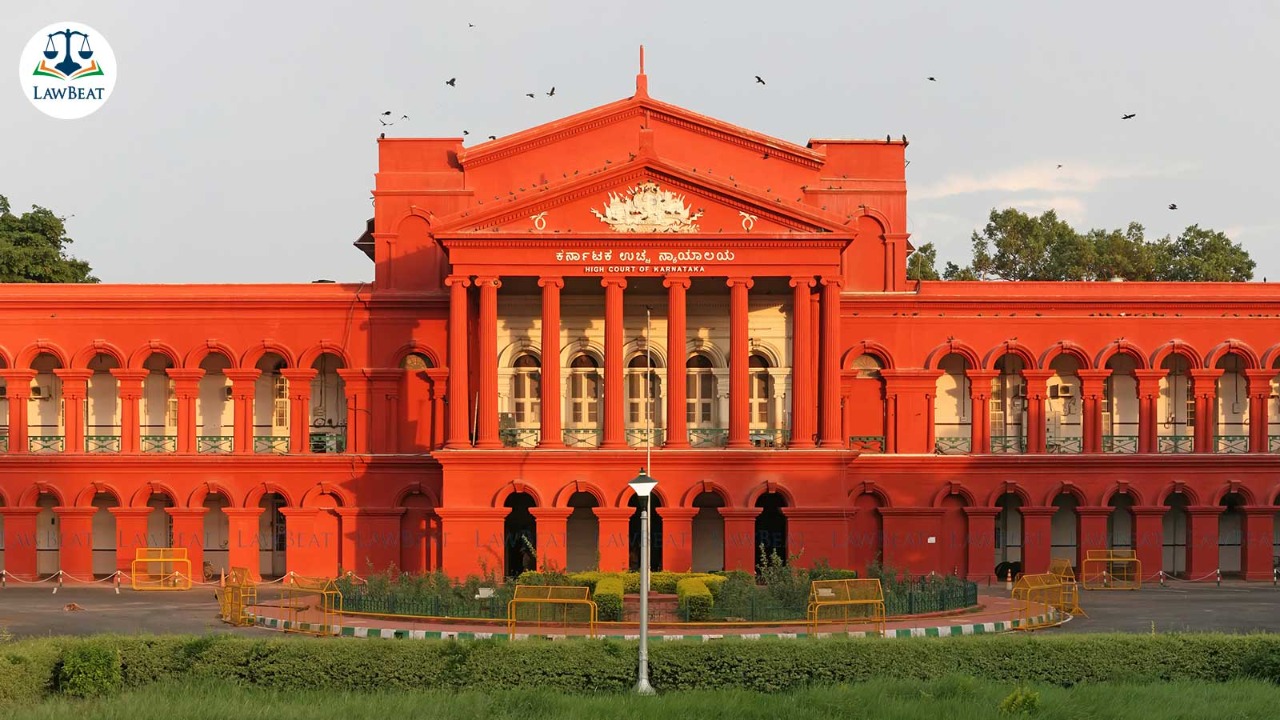'Genetically Related' Clause In Surrogacy Act 2021 Defeats Both Altruism and Logic: Karnataka High Court

Court said that if Section 2(1)(zg) of the Act is considered qua altruistic surrogacy, it runs counter to the philosophy or principle behind the enactment.
The Karnataka High Court recently observed that Section 2(1)(zg) of the Surrogacy (Regulation) Act, 2021 which mandates that the surrogate mother should be genetically related to the intending couple defeats both altruism and logic.
"...altruism is illusory if everything happens within the family...Altruistic surrogacy should mean, surrogacy by an outsider," the bench of Justice M Nagaprasanna noted in the order.
Court pointed out that the intention behind the provision was to curb the misuse of the method of surrogacy, therefore, under the Act altruistic surrogacy and not commercial surrogacy is permitted.
But if the provision is considered qua altruistic surrogacy, it runs counter to the philosophy or principle behind the enactment, court stated.
"The words 'genetically related' appearing in Section 2(1)(zg) can only mean that the child to be born through surrogacy should be genetically related to the intending couple, failing which, the words genetically related would not have any meaning if it were to be said that the surrogate mother should be genetically related to the intending couple. That defeats both altruism and logic," court stressed.
The court was dealing with a plea filed seeking direction to quash Section 2(1)(zg) and Section 4(iii)(c)(I) of the Surrogacy (Regulation) Act, 2021.
The plea had been filed by a couple who had a son. After the birth of the son, the mother's uterus had to be removed due to certain health problems. In December last year, the couple's son got killed in a road accident.
Thereafter, the couple tried to adopt a child but they were told that it would take a minimum of 3 years. Meanwhile, on medical consultancy, the couple came to know that they could have a child by way of surrogacy.
The sister-in-law of the woman also agreed to donate her egg and a close family friend, who was 25 years old and a mother of two children, also agreed to be a surrogate mother for the couple.
However, the abovementioned provisions of the Surrogacy (Regulation) Act, 2021 came as an embargo that prohibits the proposed surrogate mother and the like to have a child by way of surrogacy. Therefore, the couple and the proposed surrogate mother moved the high court.
The high court noted that the entire gamut of challenge to the provisions of the Act is pending consideration before the Apex Court where the National Board of Surrogacy has been asked to submit their reply to all the contentions advanced before the Apex Court.
In view of the same, court opined that striking down the provisions as sought by the petitioner, at the present juncture, was unavailable.
Court further noted that there is a National Assisted Reproductive Technology and Surrogacy Board and a State Surrogacy Board, as well as appropriate authorities have been appointed both in the Center and the State for consideration of the applications submitted by the intending couple.
Accordingly, court ordered that the State Surrogacy Board / Appropriate Authority / Prescribed Authority shall consider the application by the petitioners for grant of an eligibility certificate as is necessary in law for the petitioners to become parents by way of surrogacy, on the triple tests as indicated – genetic; physical and economical.
Further, while noting that the male petitioner was already 57 years old, court observed that it would be imperative to fix a timeline for consideration of the petitioners' application by the State Board / Authority.
Case Title: xxx v. UOI and Others
